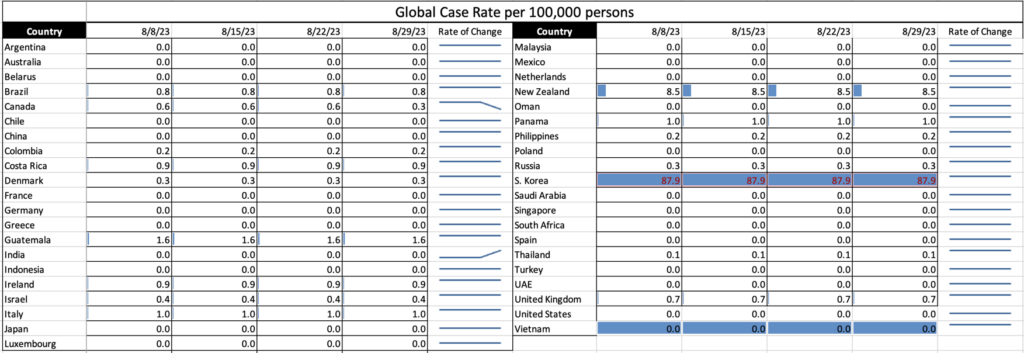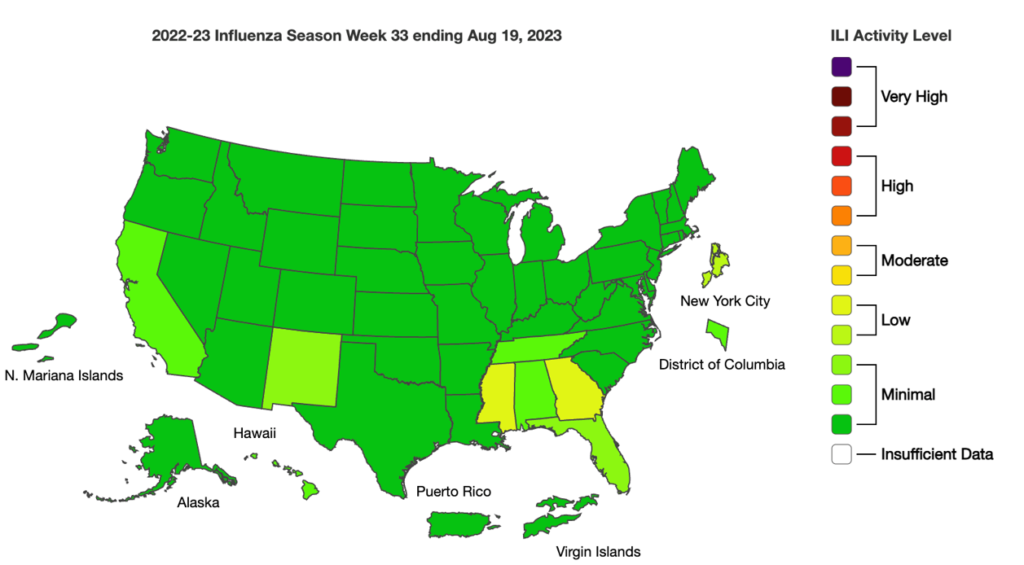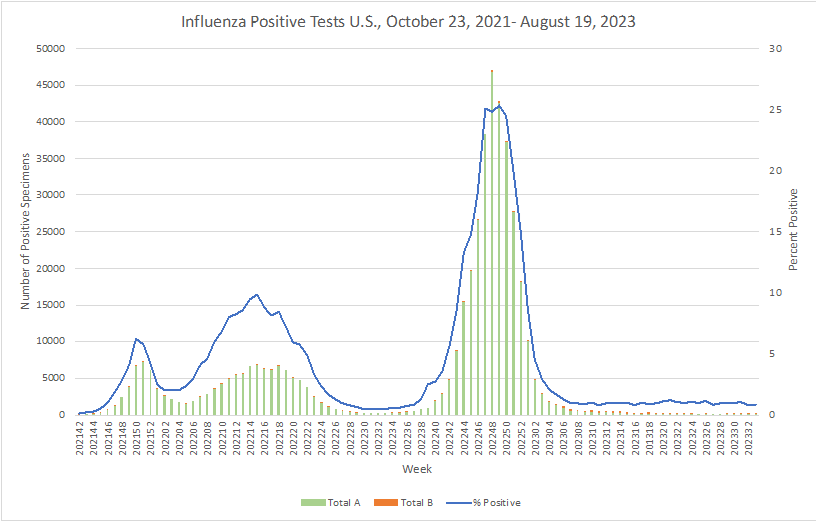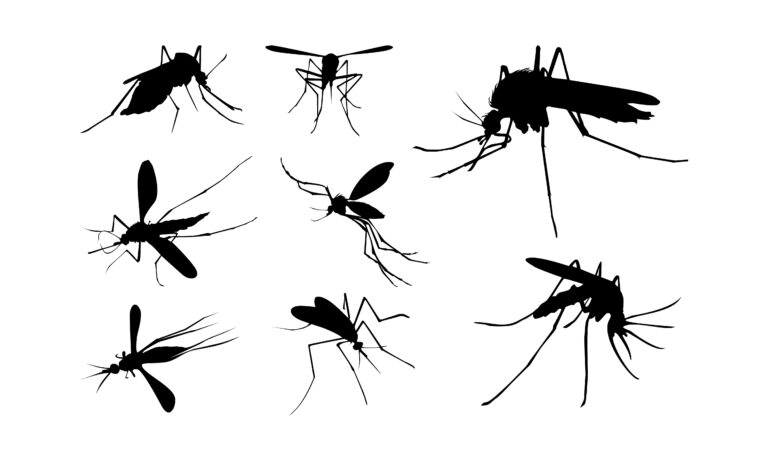The summer may be winding down, but mosquitoes are still thriving – and carrying disease. With 11 cases of locally acquired dengue reported in Florida, along with seven cases of locally acquired malaria, as of August 12, the Florida Department of Health issued a statewide mosquito-borne illness advisory this summer.
Florida is not the only state in which dengue has been reported though. According to the CDC, there have been 340 cases of locally acquired dengue cases across the U.S. in 2023. Locally acquired cases are most common in hot, humid states that are populated by the Aedes mosquito, with local spread reported in Florida, Hawaii, Texas, and Arizona.
Dengue is not spread from person to person but by an Aedes mosquito biting a person with the virus which then replicates within its body and is transmitted to subsequent persons it bites. Because of this, a person with dengue does not directly cause a danger to others (unless there are mosquitoes around), but because the symptoms of dengue are similar to other viruses (fever, headache, etc.), you cannot be sure of the cause unless the person has been diagnosed. Therefore, anyone with such symptoms should be asked to stay home.
Preventing the spread of dengue relies on avoiding mosquito bites, by applying insect repellents, avoiding areas where mosquitoes are found (such as near standing water), wearing long pants and shirts when mosquitos are most active at sunrise and sunset, and ensuring that window and door screens are intact to help deter mosquitoes.
For more information on dengue and other mosquito-borne diseases including malaria, chikungunya, and zika, download TAG’s Mosquito-borne Infectious Disease Fact Sheet, or give TAG a call for assistance.
COVID Risk Matrix:

Influenza:







